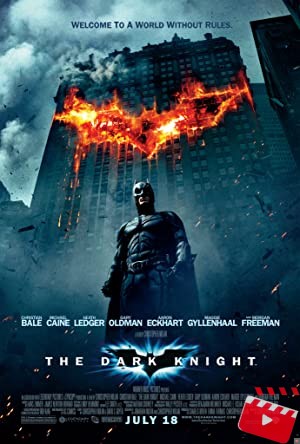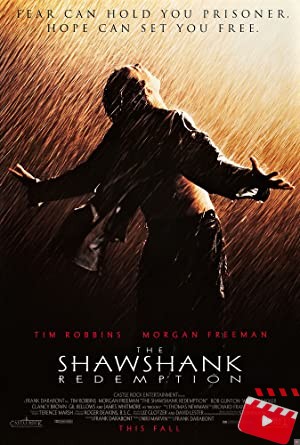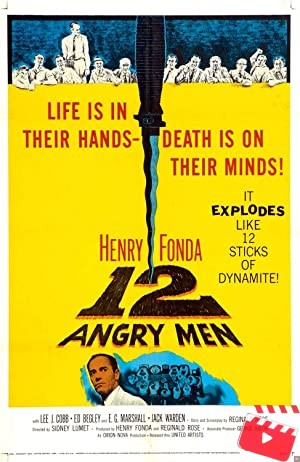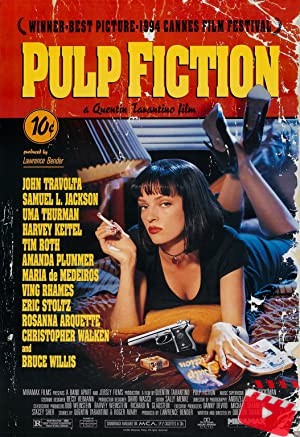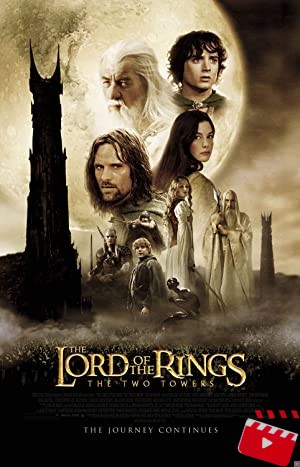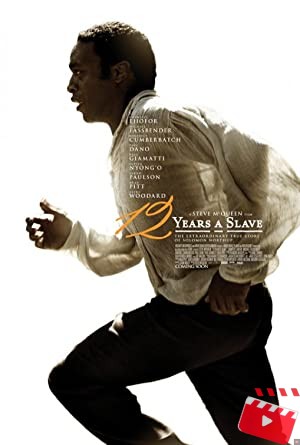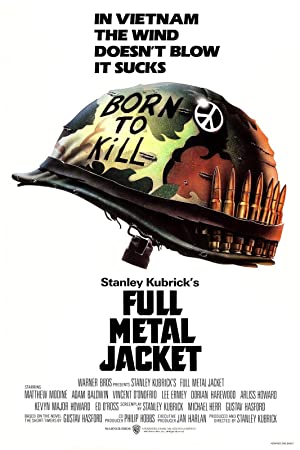
Full Metal Jacket, the 1987 movie directed by Stanley Kubrick, is a masterpiece that explores the Vietnam War in a unique way. The movie is structured in two different parts: the intense training of the Marines and the actual War.
It all starts with the boot camp training, which creates a surreal and brutal atmosphere. The drill sergeant’s role, played exceptionally by R. Lee Ermey, causes an intense emotional impact in the viewer. He is the emblem of authority, brutality and mind games while pushing the soldiers to their limits. Even though the movie is set in the Vietnam War, the boot camp’s scenes are the most memorable and recognized about Full Metal Jacket.
As we enter the second part, the movie evokes a deep sense of despair that progressively replaces the intense training atmosphere. The soldiers are now in the heart of the War, and we can see their transformation from fragile and innocent boys into brutal fighting machines with no true sense of purpose. The movie depicts the savagery of the fighting and, at the same time, breaks the myth of the honorable soldier sacrificing for his country, revealing the darkest aspects of their nature.
Overall, Full Metal Jacket is a movie that explores the effect of war on the human mind, with a particular focus on the psychological implications of military training. It’s a dark and gloomy movie that might not be suited for everyone, but it’s a must-watch for anyone interested in the human condition or those who value masterful storytelling. The performances are impeccable, and the direction of Kubrick is outstanding as always.
I highly recommend this movie, but it’s not for the faint-hearted. So, if you’re ready to experience a unique vision of war, go ahead and watch Full Metal Jacket.
Lesson about Full Metal Jacket
Lessons on the psychological effects of war and the dehumanization of soldiers can be learned from the movie Full Metal Jacket 1987.
The Best of Full Metal Jacket
- 1) Superb Filmmaking: Full Metal Jacket is one of the most well-crafted and technically proficient war films ever made. Director Stanley Kubrick‘s attention to detail is second to none, as evidenced in the film’s elaborate and meticulously crafted sets, costumes, and makeup. Additionally, the film boasts some of the finest cinematography and sound design in the history of cinema, which helps to enhance the film’s realism and intensity.
- 2) Powerful Themes: Full Metal Jacket is a deeply thought-provoking and impactful film that deals with themes of war, dehumanization, and trauma. The film’s exploration of the psychological toll that war takes on soldiers, and the ways in which military training can strip away a person’s humanity, is both poignant and chilling. The film also highlights the complex and often contradictory roles that soldiers play in society, and raises important questions about the morality of war.
- 3) Great Performances: Full Metal Jacket features some of the finest acting performances in any war film. Vincent D’Onofrio‘s portrayal of Private Pyle is both terrifying and heartbreaking, while Matthew Modine delivers a nuanced and relatable performance as Private Joker. The film also features terrific supporting performances from R. Lee Ermey as Gunnery Sergeant Hartman and Adam Baldwin as Animal Mother. Overall, the film’s cast brings a sense of authenticity and emotional depth to the story, which adds to its impact and resonance.
Week points of Full Metal Jacket
- 1. Lack of Character Development: Despite the intense focus on basic training and the trials of war, “Full Metal Jacket” fails to offer much in the way of character development. With the exception of the protagonist, Private Joker, and the imposing drill sergeant, most of the supporting characters are underdeveloped, making it difficult for viewers to become invested in their fates.
- 2. Overly Simplistic Portrayal of War: While “Full Metal Jacket” is celebrated for its realistic and impressive depictions of boot camp and combat, its portrayal of the Vietnam War is often criticized for being overly simplistic and one-dimensional. The film reduces the complex and controversial conflict to a series of brutal encounters without exploring the broader context, cultural implications, or political realities of the war.
- 3. Unintentional Satire: Despite its reputation as a serious war film, “Full Metal Jacket” has been criticized for occasionally veering into unintentional satire. The exaggerated characterization of some of the supporting players, as well as certain scenes that are heavy on black comedy, can distract from the film’s intense subject matter and create tonal inconsistencies that some viewers find off-putting.
Technical details of Full Metal Jacket
| Title | Full Metal Jacket |
|---|---|
| Year | 1987 |
| Rated | R |
| Released | 10 Jul 1987 |
| Runtime | 116 min |
| Genre | Drama, War |
| Director | Stanley Kubrick |
| Writer | Stanley Kubrick, Michael Herr, Gustav Hasford |
| Actors | Matthew Modine, R. Lee Ermey, Vincent D'Onofrio |
| Plot | A two-segment look at the effect of the military mindset and war itself on Vietnam era Marines. The first half follows a group of recruits in boot camp under the command of the punishing Gunnery Sergeant Hartman. The second half shows one of those recruits, Joker, covering the war as a correspondent for Stars and Stripes, focusing on the Tet offensive. |
| Country | United Kingdom, United States |
| Awards | Nominated for 1 Oscar. 8 wins & 15 nominations total |

